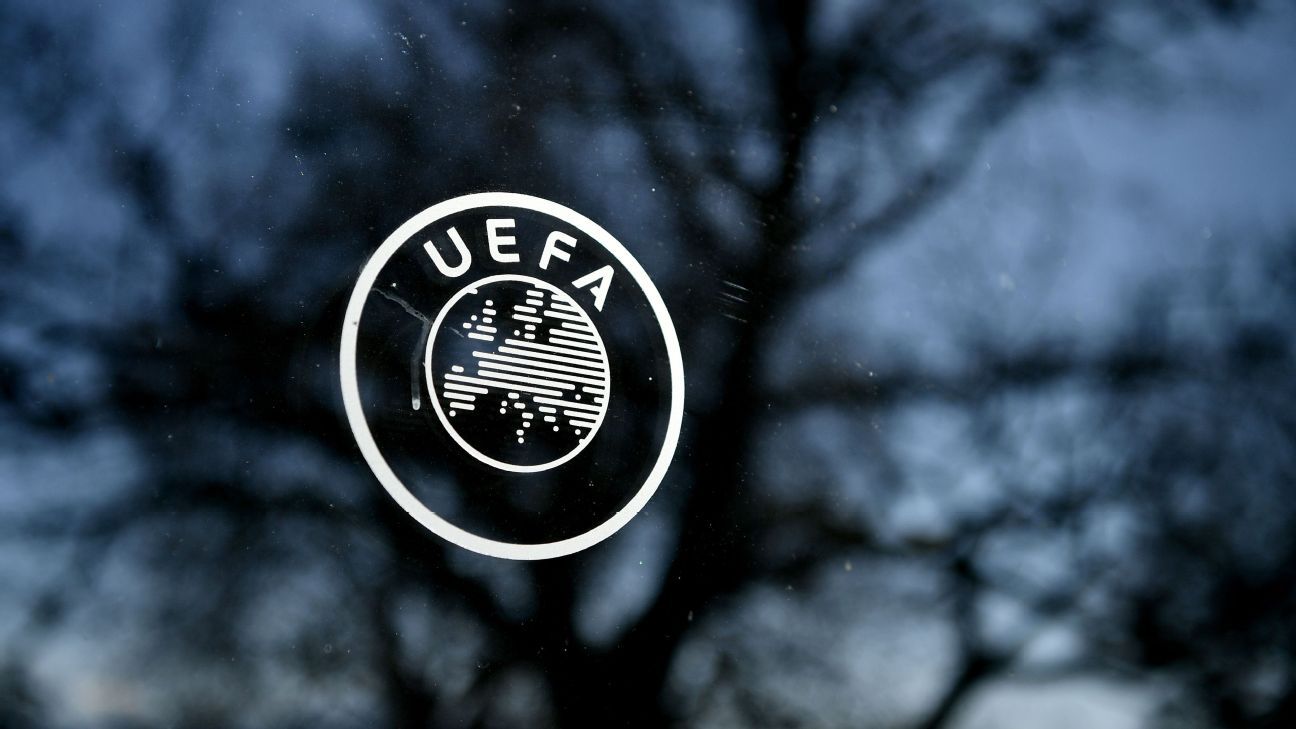
The two distance running greats had been set to go head-to-head in the London Marathon on Sunday
Eliud Kipchoge and Kenenisa Bekele should have been in London this week, preparing for a mouthwatering marathon clash on the streets of the UK capital.
Thursday morning would have seen them speak with the world’s media in the elite men’s pre-race press conference, but instead, on Friday, they dialled into a telephone conference from their respective homes in Kenya and Ethiopia.
While it is too early to know whether the two fastest marathon runners in history will take part in the rescheduled event on October 4, they were both happy to share insight into their current lives amid the coronavirus crisis.
They talked about what might have been had Sunday’s race taken place as planned, plus their training and thoughts on the sub-two-hour marathon.
Solo training
Social distancing measures mean that NN Running Team athletes Kipchoge and Bekele must now train alone, rather than as part of the big groups they are used to. How does that affect them both physically and mentally?
“You cannot run really in a strong way because you are alone,” said Kipchoge, who is based in Eldoret.
“Physically I am training to make sure that I am fit but when you have the whole team then you can train to make sure that you are in the best-ever shape.
“Mentally, you can get tired early,” he added, “because if you have an hour run and you’re running alone, then you can really get tired because you are running alone, you are thinking alone.
“I have been with a team for the last 15 years and it’s really crazy for me. I can say it is not comfortable at all, but safety is my number one priority.”
Bekele has also found it a challenge.
“It is not really nice to run alone but of course it’s not possible to run together,” he said. “It is difficult to prepare and it has affected us a lot.
“I’m trying to maintain my performance, but it’s really not efficient. I am praying that this time will be over soon.”
On his sessions, he added: “I am doing four or five days a week outside, alone just running in the forest.
“Most of the time I am staying at home.”
Photo by Mark Shearman
Sub-two
Both athletes had an incredible 2019, with Kipchoge having broken two hours for the marathon with 1:59:41 in the non-record eligible INEOS 1:59 Challenge in Vienna and Bekele having run 2:01:41 to win in Berlin, missing the Kenyan’s official world record mark by just two seconds.
Would their plan for the London Marathon on Sunday have been to go for an official sub-two?
“I was coming to London as a defending champion and not really to run under two hours but I trust that it would have been a good race, an interesting one, but I don’t think it would have been under two hours,” said Kipchoge.
“I think on Sunday, if the London Marathon could have happened, we could actually have had the best race ever.
“Kenenisa has run 2:01:41 and I have run 2:01:39. It could have been the best-ever time and London could have been the best race ever between two people who have the fastest times in the marathon.”
Bekele agreed that it would have been a great clash but that two hours would have been unlikely.
“London is of course a really great race to bring us together,” he said. “I don’t think the time would have been under two hours.
“Maybe if there were good weather conditions, it could have been possible maybe around a world record, if we had been pushing together. I don’t think under two hours would have happened this time.”
Photo by Bob Martin for The INEOS 1:59 Challenge
But in the future?
“Absolutely, why not?” Kipchoge replied, when asked if he thinks someone in the next 10 years could run a competitive marathon in under two hours.
“Personally, I tried last year, and I ran under two hours, but I trust and believe in all my mind and my heart that in the next 10 years, one human being will run under two hours in a normal marathon. That is my view.
“Human beings need to be shown the way, and I trust that I have shown everybody the way.”















 Phone: (800) 737. 6040
Phone: (800) 737. 6040 Fax: (800) 825 5558
Fax: (800) 825 5558 Website:
Website:  Email:
Email: 






